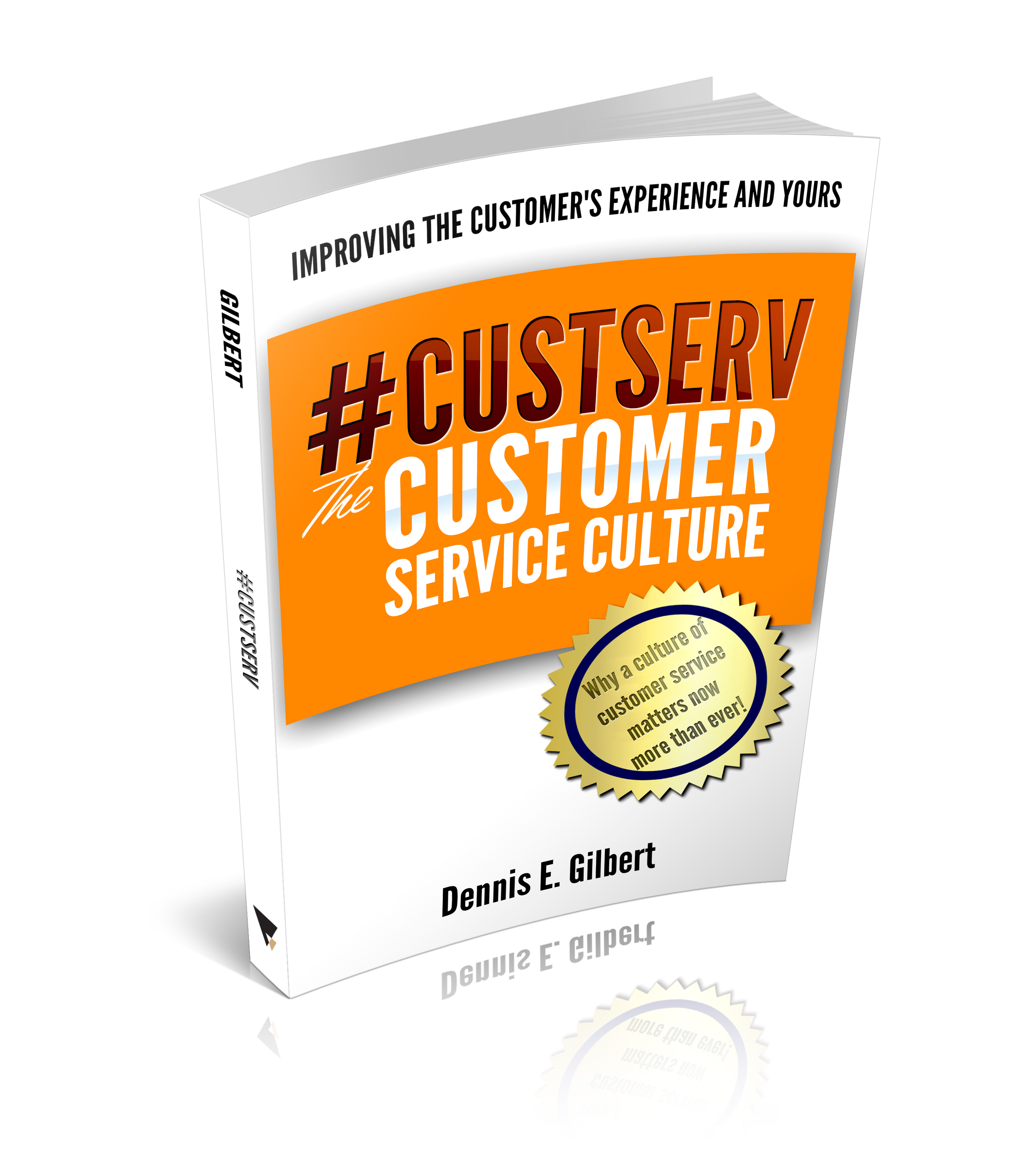
Why Do Return Calls Matter?
Did you return that telephone call from yesterday? What about the one from two days ago or last week? Do return calls still matter?
My experience in business started before what we know today as the Internet and before most businesses had any kind of voicemail system. Just for the record that was the early to mid 1980s, and we did have electricity and automobiles.
I remember when the office supply stores sold a small gadget that sat on your desk, was about three or four inches tall, and resembled a small spear or nail sticking straight up. The purpose of this gadget was to harpoon your “While You Were Out” message slips.
Much like getting likes on today’s social media channels you achieved clout and power by your display of these clever little four by five inch pink “While You Were Out” messages, and if you were somebody, you got a lot of messages.

During this era, many businesses had a culture that insisted on returning all calls within twenty-four hours. Today, many businesses don’t even have a guideline, a recommended practice, or a company policy for returning telephone calls.
Returning telephone calls applied to customers, vendors, intercompany calls, and let’s not forget about when the boss called!
Yes, you returned the call from someone trying to sell you something; yes, you returned the call that you didn’t know who the person was or what he or she wanted; and, yes, you always returned customer calls. You returned nearly all of them, even the interoffice calls and those coming from your boss.
Doesn’t this matter to anyone anymore?
Return Calls Matter
Yes, it should, and yes, it does. While this is somewhat of a personal pet peeve, I hear it from many of my clients too. This is a customer experience story, a reputation statement, and part of your brand.
Granted, a lot has changed, and progress is very important, but never underestimate the power of how you make someone feel.
Many people claim that our world lacks respect and social skills and often fails to honor or uphold commitments. Is any of this a reputation or brand that you want personally or for your business? Can you afford to be without a cultural guideline for returning telephone calls or email messages?
For most, the answers are simple: no and no.

Most people don’t like to be spammed, most don’t like to get a pushy unsolicited sales call from someone they don’t know, and yes, most want to be as efficient and productive as possible. I can’t name a single business that would openly suggest that it is not concerned about its reputation, its brand, and the customer experience.
Telephone calls or e-mail messages aren’t your worst enemy.
Not having any is.
– DEG

Dennis E. Gilbert is a business consultant, speaker (CSPTM), and corporate trainer that specializes in helping businesses and individuals accelerate their leadership, their team, and their success. He is a five-time author and some of his work includes, #CustServ The Customer Service Culture, and Forgotten Respect, Navigating A Multigenerational Workforce. Reach him through his website at Dennis-Gilbert.com or by calling +1 646.546.5553.





